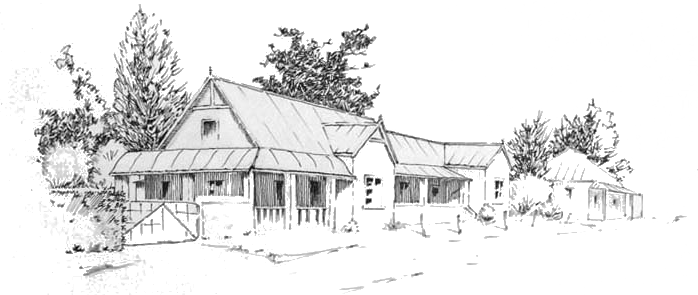The important gains made by the trout industry with Government’s removal of trout from the list of invasive species, promulgated by the Minister of Environmental Affairs last month, are currently threatened.
Trout were removed because listing trout as invasive in areas where they exist would harm the multi billion rand investment in South Africa’s trout aquaculture and trout based tourism. Both are important in Government’s e strategic plan to grow aquaculture and to provide opportunities to impoverished rural communities.
This breakthrough affirms a key principle of South African environmental management law, namely that the health and wellbeing of South Africans is paramount.
The science based approach to managing biodiversity preferred by the Biosecurity Unit (the unit in Department of Environmental Affairs’ (DEA) responsible for implementing the National Environmental Management: Biodiversity Act) emphasises the need to protect biodiversity for its own sake, separate from the greater imperative of managing the environment sustainably to promote the health and wellbeing of human beings. Thus, according to the DEA, the social and economic benefits of trout come a distant second to the fact that trout are predators. This is notwithstanding that they have existed alongside indigenous species for nearly 125 years.
This insistence on the very narrow approach of invasion biology is unsustainable in a country like South Africa faced with massive developmental and transformational challenges.
The President borrowing from the success that Malaysia experienced in delivering its Government and Economic Transformation Programmes ran a similar process in Durban in June and July 2014. Operation Phakisa brought “together representatives from government, industry, labour, civil society and academia to collaborate in unlocking the economic potential of our oceans”. Trout were included in this process because trout are an important part of South Africa’s aquaculture industry - one of the nine sectors comprising South Africa’s ocean based economy.
This cooperative intra governmental process unlocked the door that brokered an acceptance by the DEA that the trout industry is important. Thus all matters trout, be it aquaculture, tourism or the simple pleasure of recreational fishing, must be supported and promoted. The trade-off for this was that trout should not be introduced into areas where they do not already exist, something the trout industry has always supported. So it was agreed that trout would be not be listed as invasive where they already occurred and listed as invasive where they do not occur. Where trout already occur, the sale, transport and release of trout would be self-regulated and subject to audited compliance so as to ensure that trout are not stocked outside existing trout waters.
This agreement was one of the success stories to come out of the Phakisa process. It demonstrated the power of cooperative governance as a tool to fast track development in an environmentally sustainable way.
The trout industry, the DEA and DAFF (Department of Agriculture, Forestry and Fisheries) were left to deal with the practical implementation of this agreement. That meeting took place in Cape Town and was again successful. Dates were set for a workshop that would map the whereabouts of trout.
It was then that matters took a turn for the worse. It seems that there are powerful constituencies among the officials that run the DEA who are reluctant to relinquish any regulatory control of trout as an invasive species, despite the principle of industry self-regulation agreed during the Phakisa process.
Trout SA and FOSAF are working hard to ensure the agreement with the DEA not to list trout as invasive in areas where they exist is implemented based on industry self-regulation. We are grateful for the support that we have received from government and the public in this regard. We are committed to seeing that constitutional principles like cooperative governance and environmentally sustainable development are enabled. We are confident that we can achieve this, especially with the support of the fly fishing community.



